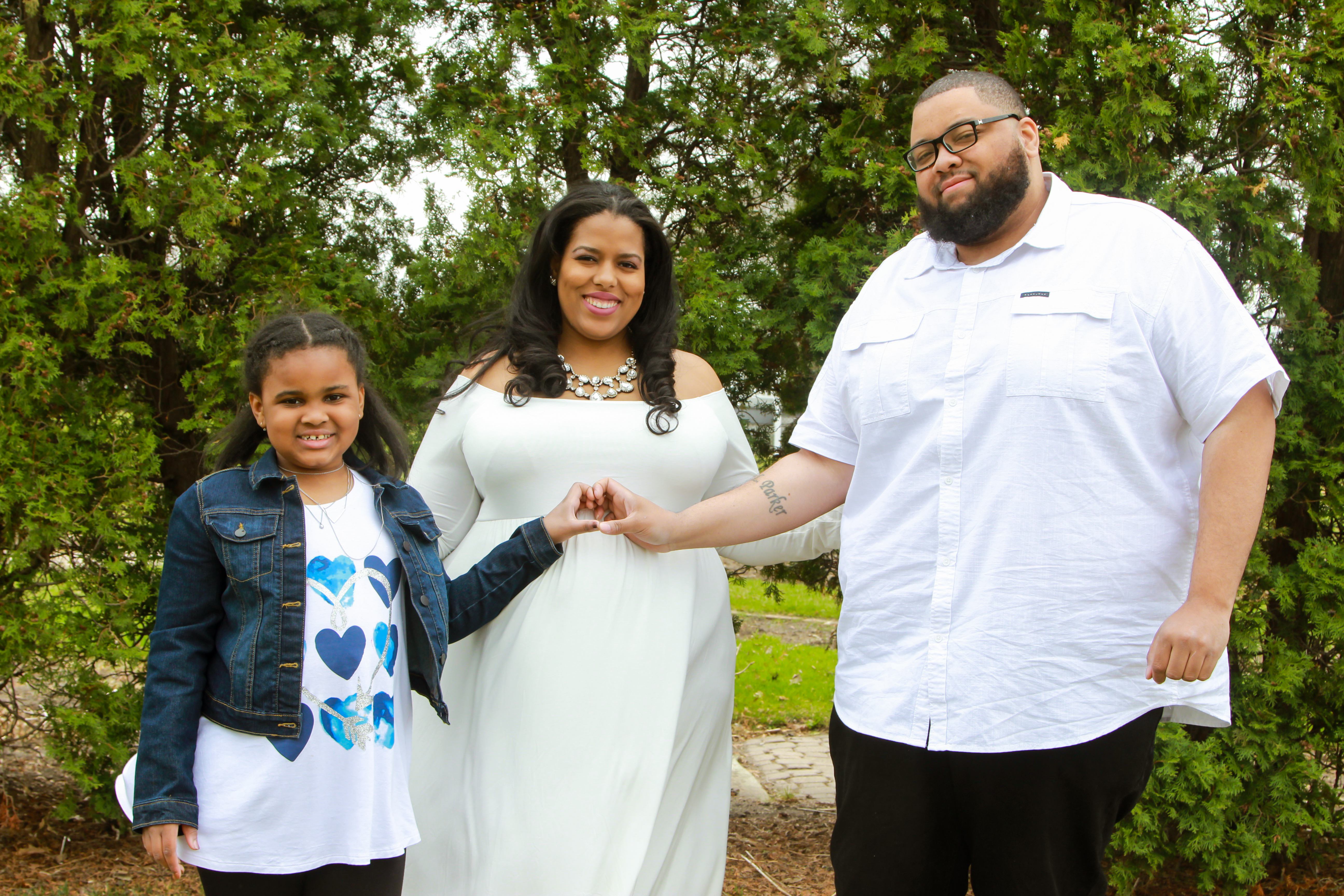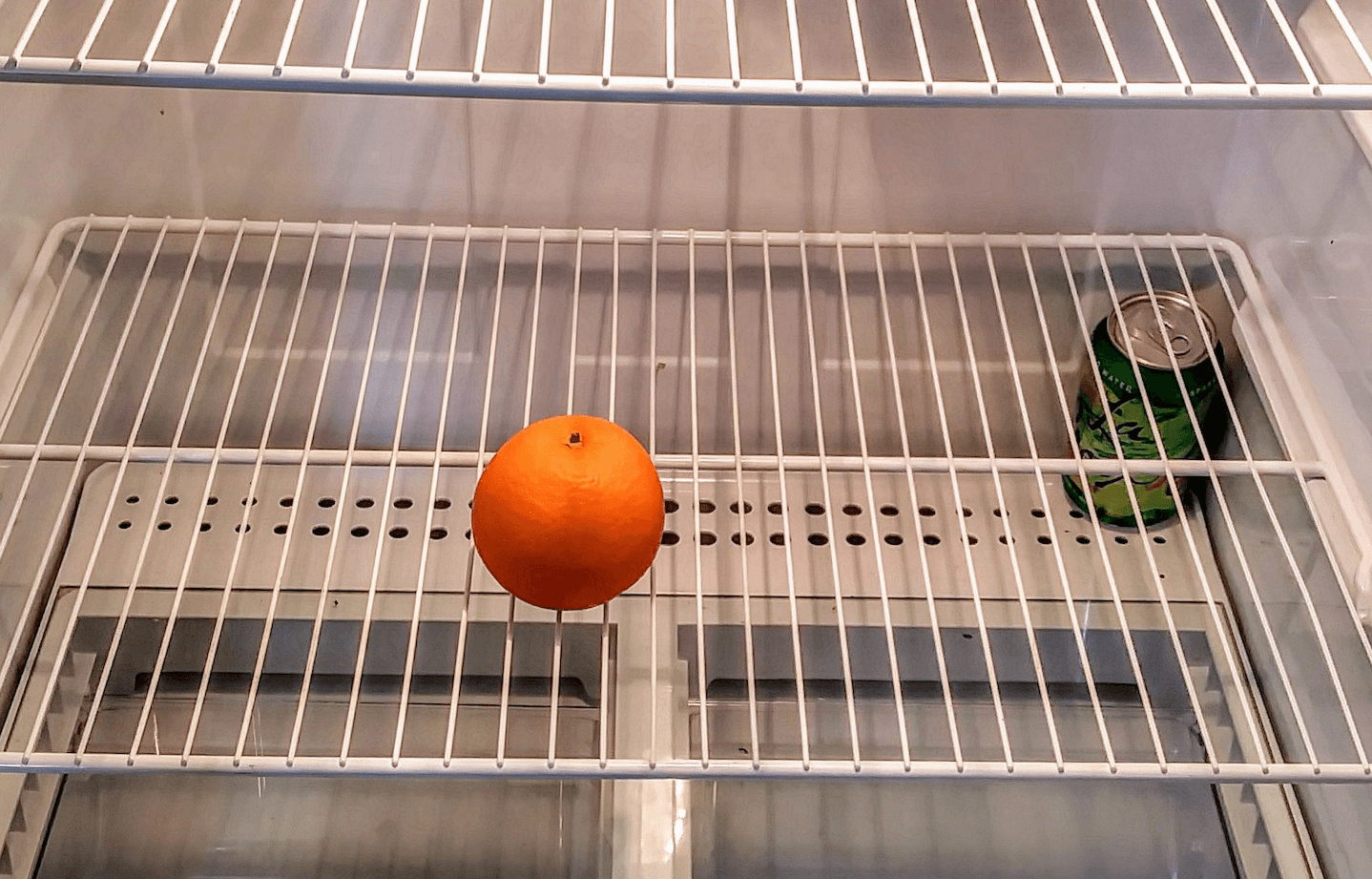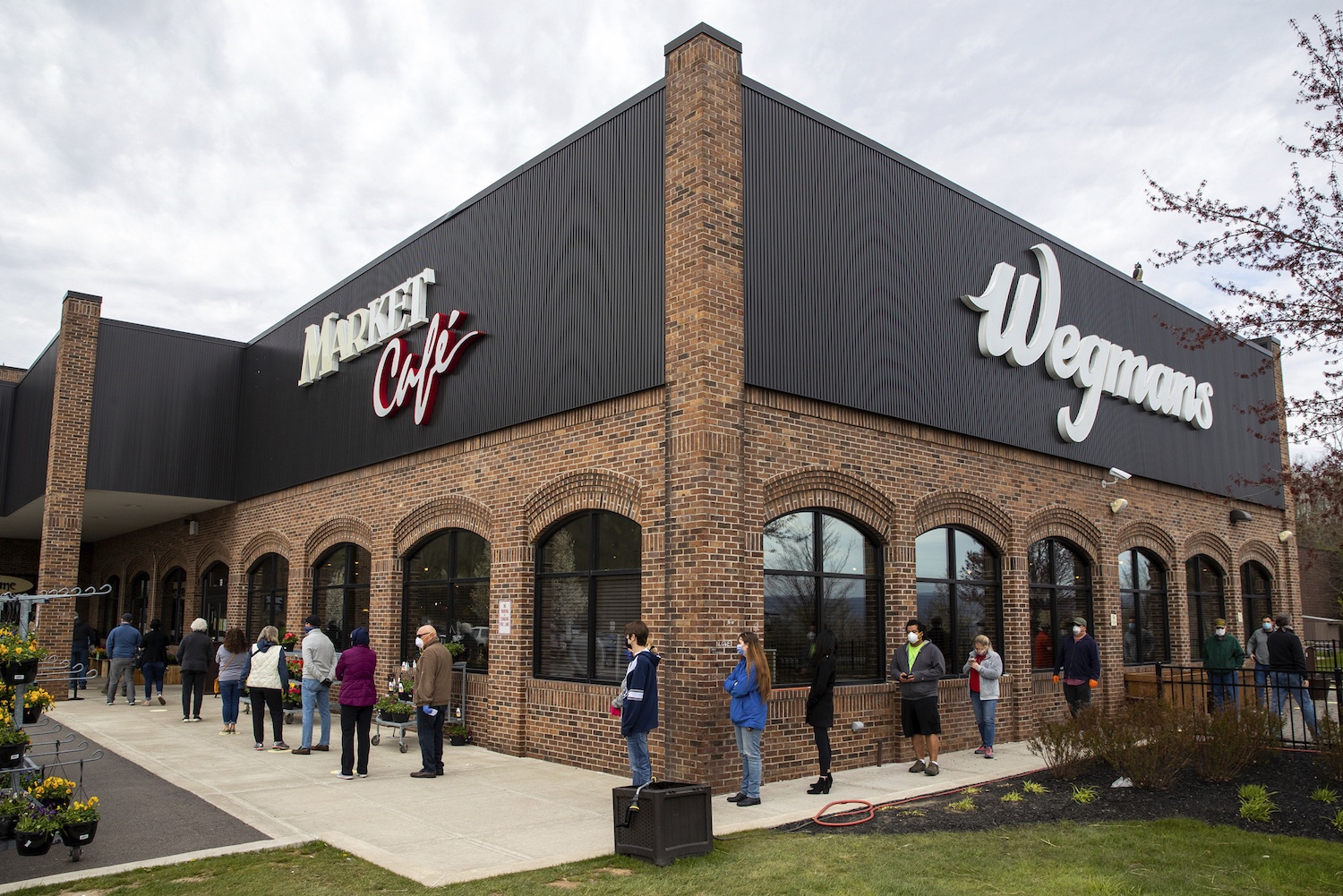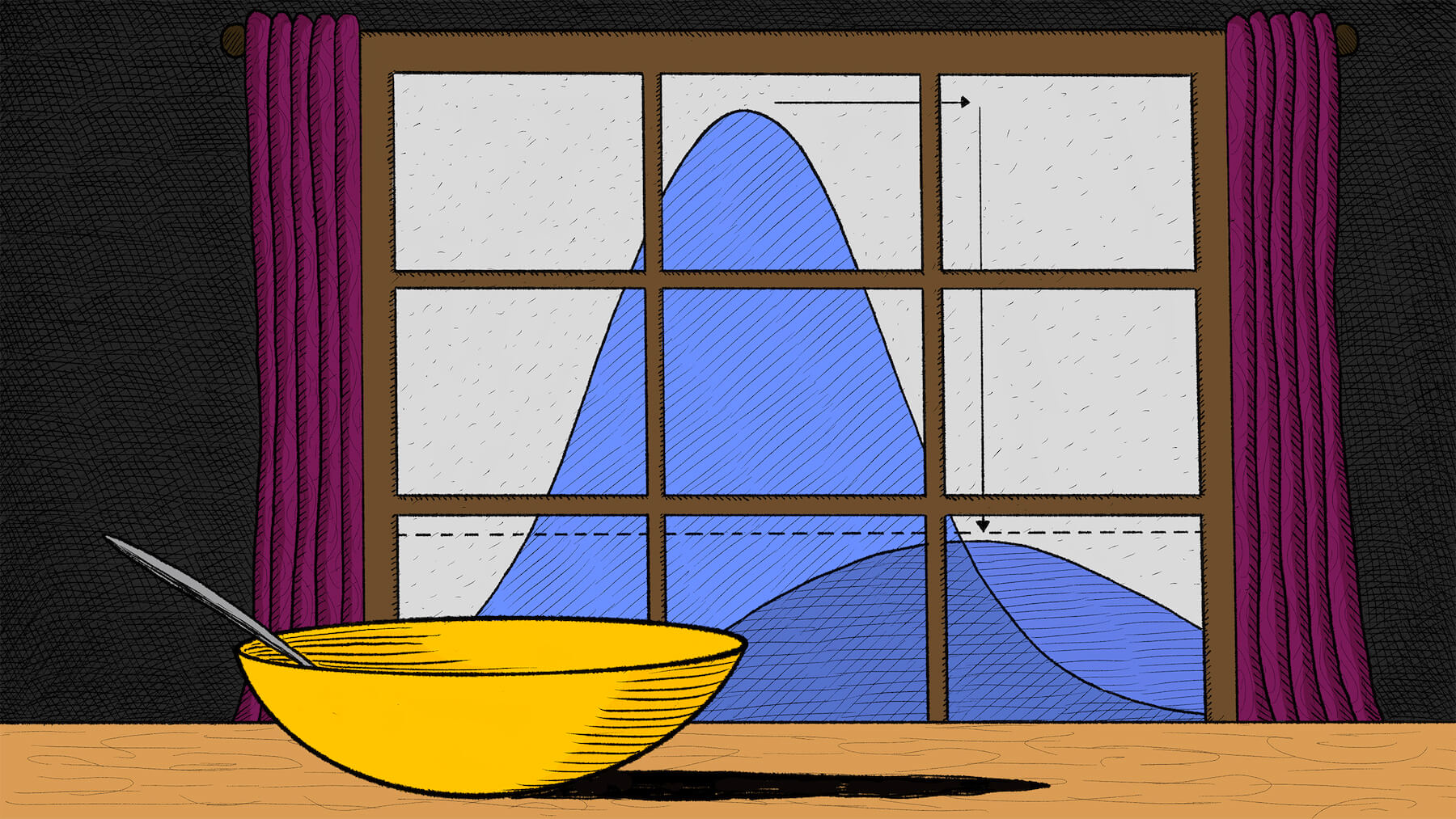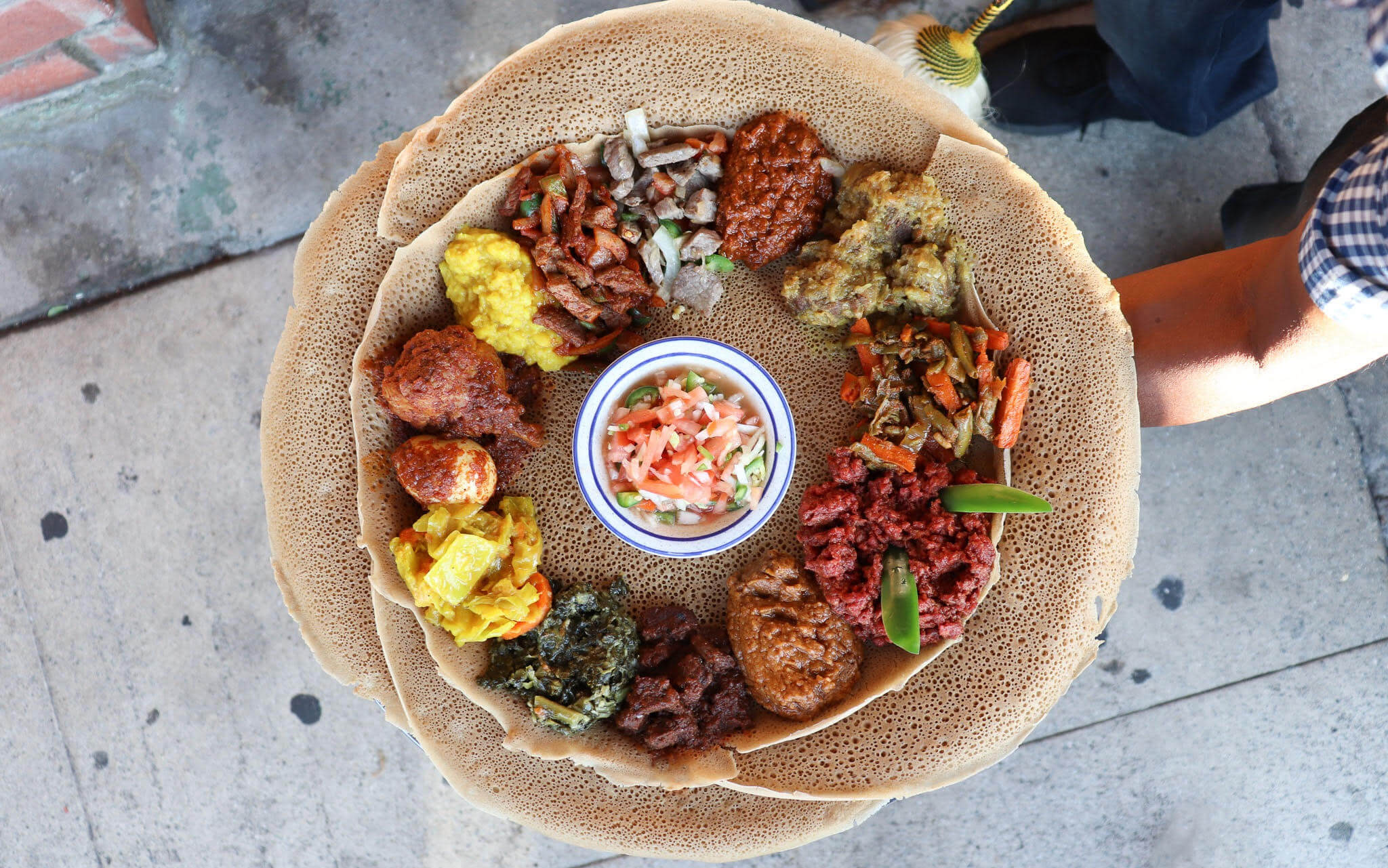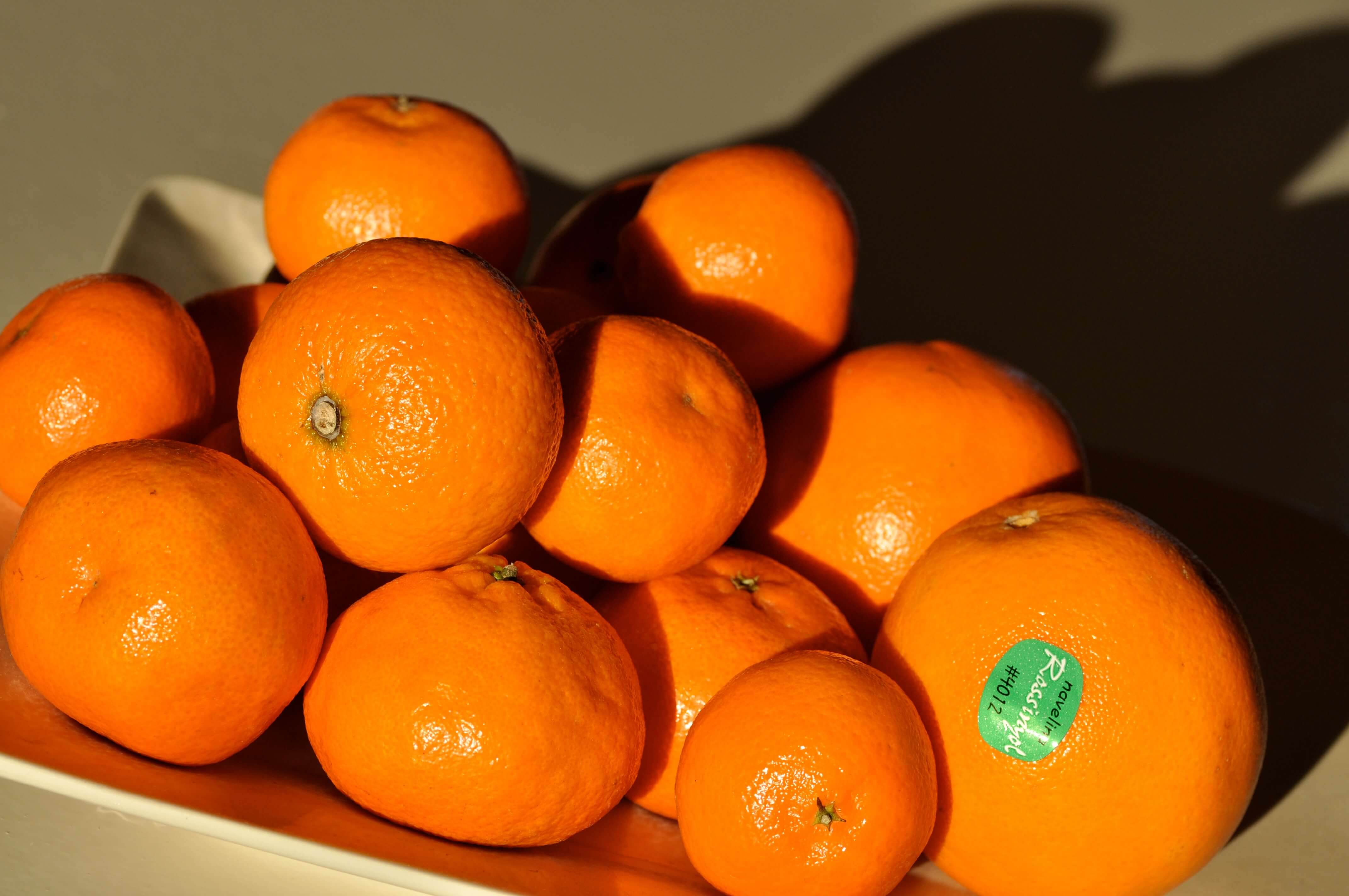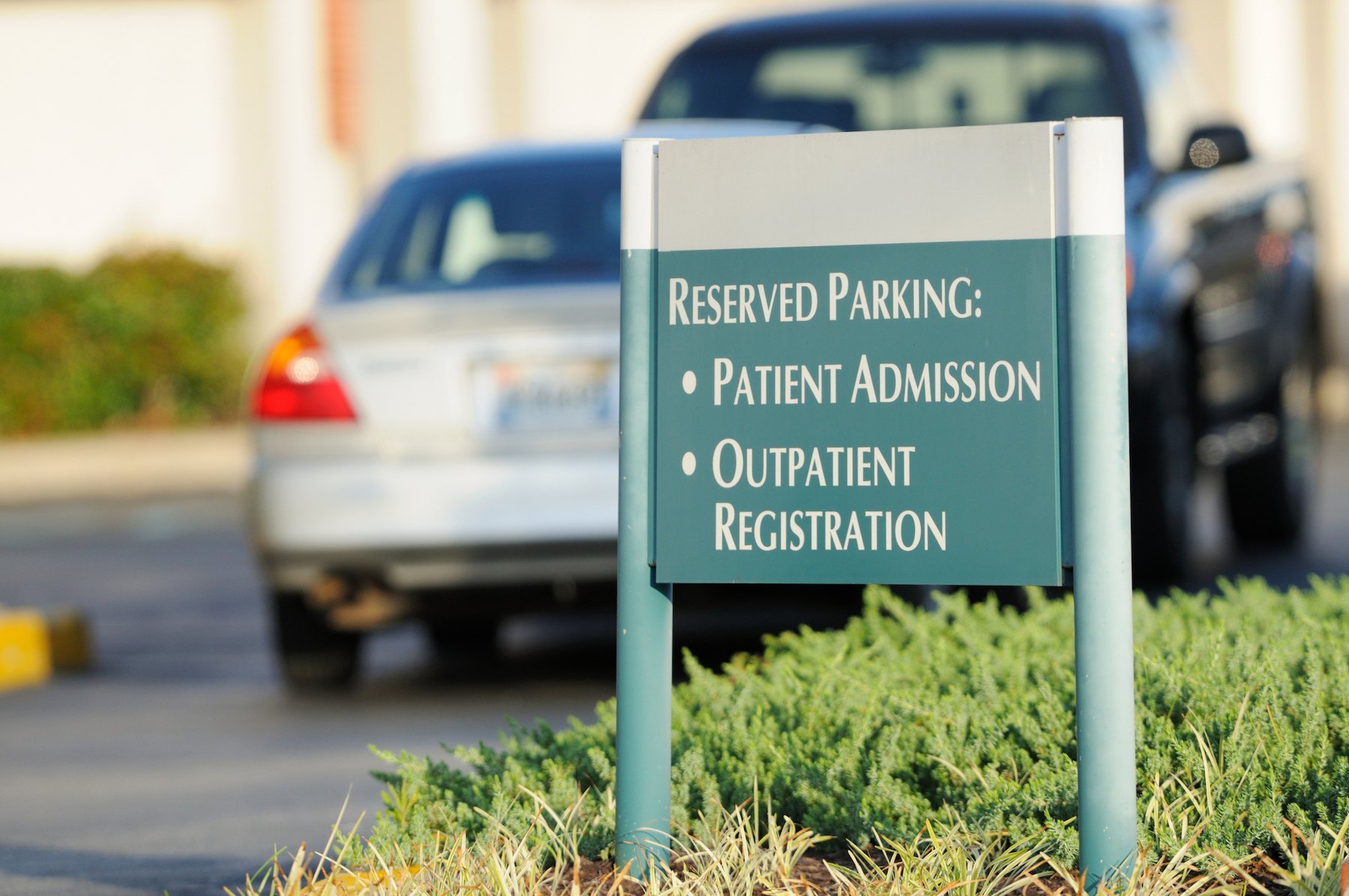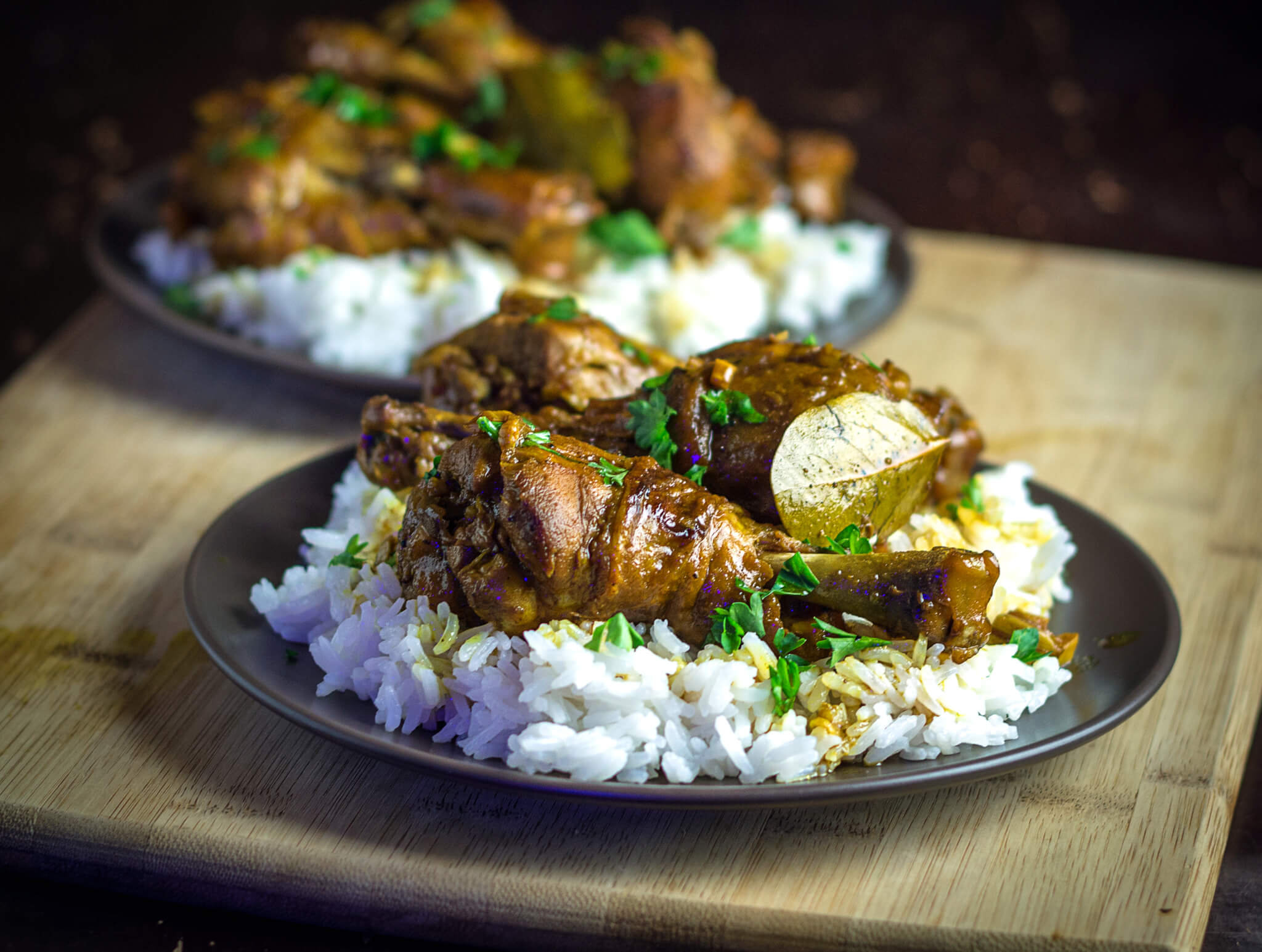
Missouri Department of Conservation
For me, “raccooning” means to search through the muck for nuggets of raw pleasure—small reminders that surviving is enough.
The day before New York’s shelter-in-place order took effect, I went to Flushing to buy 200 frozen dumplings. The next day I placed an online order for three pounds of fancy cheese. I told myself these lavish purchases were an act of compassion, a way to get cash in the hands of small businesses I love, while sustaining my food-nerd ass for weeks to come. Deeper down, though, my lizard brain knew the real story: my depression was going to come back to play, and I’d have no way to stick it back in its box. When you’re depressed, you see, you gotta have snacks.
I’m an old hand at this now; I’ve lived with depression and anxiety for half of my life. I’m okay. My meds smooth out the worst of my brain’s jagged impulses and I have an excellent shrink. I recognize my triggers and have some tried-and-true techniques for dealing with them. Still, depression and anxiety are like armpit hair: you can treat them, groom them, even rip them out with hot wax, but they never disappear.
Life with depression and anxiety has taught me that we have a lot to learn from raccoons, who are experts at sifting through trash to find what they need to survive.
My anxiety usually manifests as a steadfast belief that the world is falling apart and it’s all my fault. My depression tells me there’s nothing I can do about it and neither the world nor I are worth saving. Agoraphobia sets in. If only I stay inside and work my hardest and exert obsessive control over the tiny fiefdom of my apartment, I tell myself, I can get over it. That’s the anxiety talking. My depression then whispers that nothing matters and there’s no point in trying. There are days where it takes all my energy just to get out of bed at 5 in the afternoon.
Needless to say, I have not been baking sourdough while in quarantine.
It turns out this is how a lot of us feel now; talk of depression, anxiety, and fear of the outside world has been a running theme in my conversation with friends and family who, in general, are mentally healthy. They don’t feel like themselves, they tell me. They can’t bring themselves to do much of anything. I keep a meme on my phone that I share in response, a spooky nighttime photo of a gathering of raccoons, eyes glimmering gold from the camera flash. Overlaid are the words, “Death is coming. Eat trash. Be free.”
Life with depression and anxiety has taught me that we have a lot to learn from raccoons, who are experts at sifting through trash to find what they need to survive. And not just survive—there’s treasure in the dumpster. Day-old doughnuts. Juicy bands of fatcap tossed from someone else’s steak. I don’t know if raccoons experience joy like we do, but serotonin is serotonin, and raccoons know a nugget of raw pleasure when they see it.
This is where the dumplings and cheese come in—they are my treasures. If quarantine has given you the space and freedom to master bread-baking, yogurt-making, or empanada-folding, more power to you. My brain is doing everything it can just to keep me from locking myself in a dumpster. But here is what I can do. I can set two inches of water in a saucepan over high heat while lining a bamboo steamer with a paper towel. I can arrange eight crescent-shaped pork dumplings inside so the skins don’t touch and set them over the pot to steam for exactly eight minutes. I can plop them on a plate, drizzle them with chile oil, and have a meal that sustains me for the afternoon while reminding me of better times.
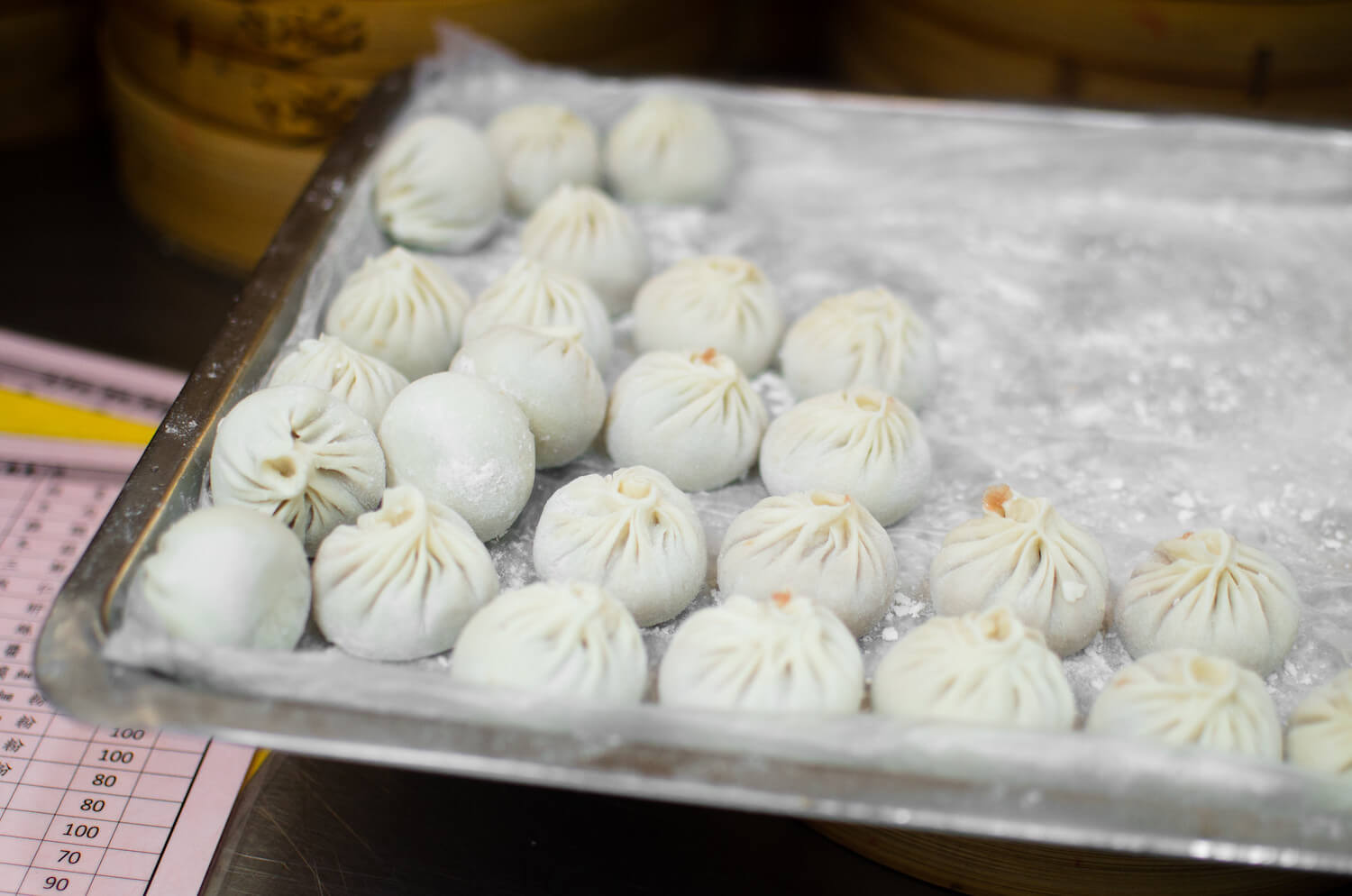
The author’s dumplings, left, help sustain him through bouts of difficulty
Max Falkowitz
Quarantine—or life with depression—sometimes means that cooking just isn’t an option. Raccooning, though—scrounging through the muck of your life in search of treasure—I can do. When I’m really down I ask a friend for permission to give up and spend the rest of the day eating an award-winning stinky cheese straight from the rind with a spoon. “All you have to do today,” she replies, “is survive.”
